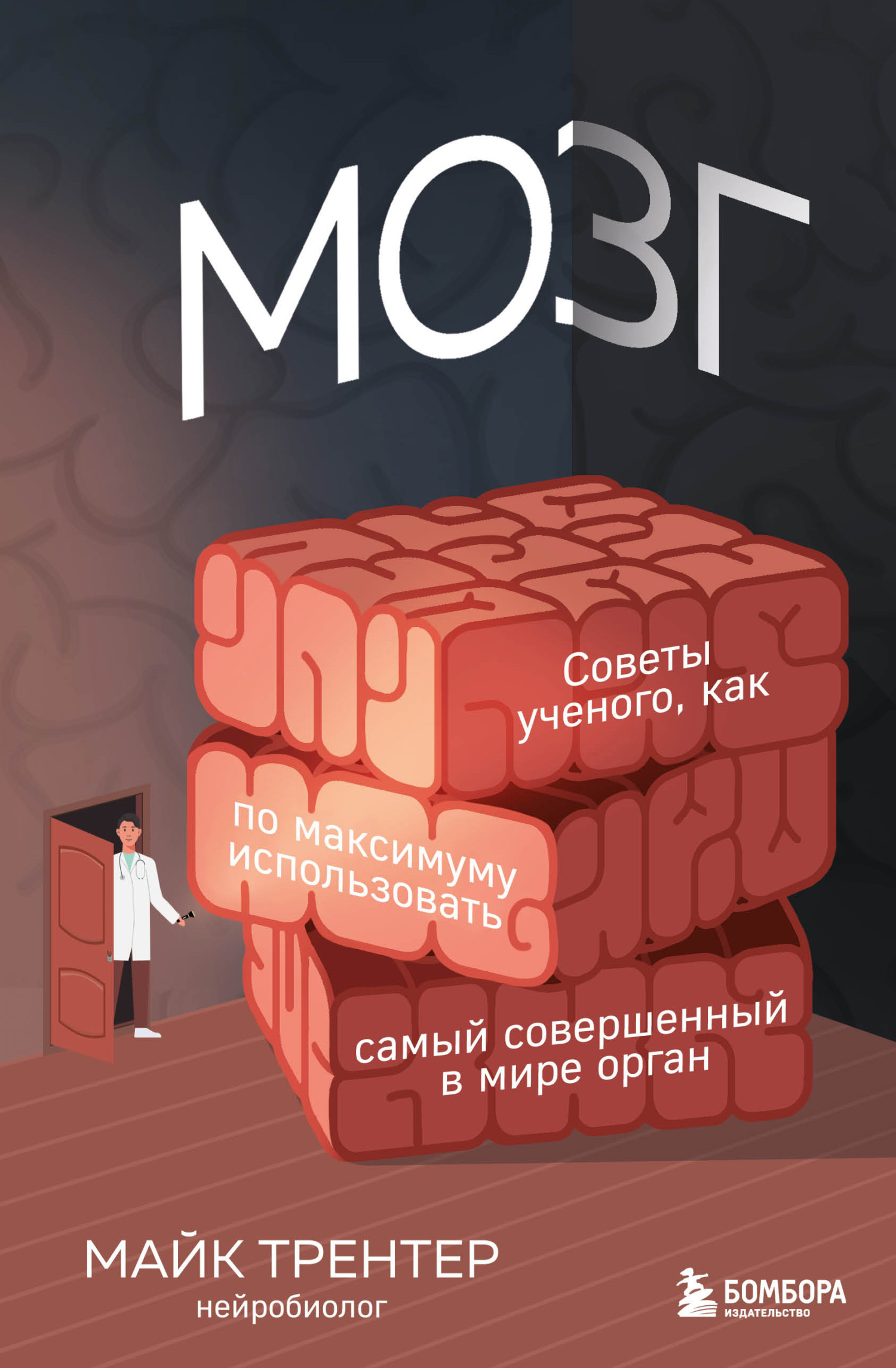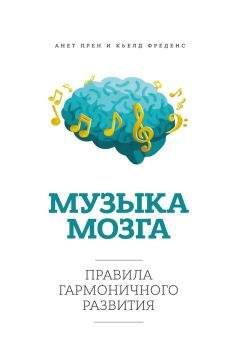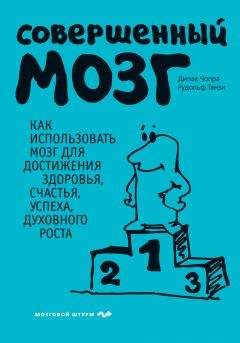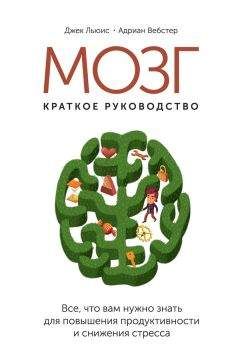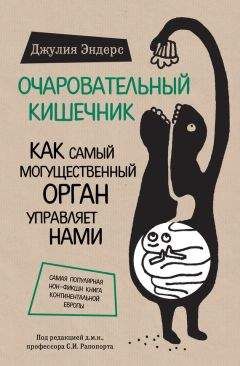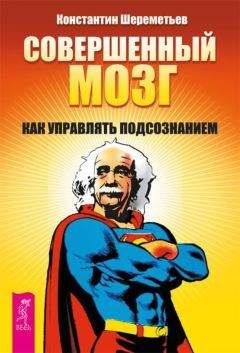al. (2011). Sleep duration and sleep quality in relation to 12-year cardiovascular disease incidence: the MORGEN study. Sleep; 34.
Hudetz, et al. (2015). Dynamic repertoire of intrinsic brain states is reduced in propofol-induced unconsciousness. Brain Connect; 5 (1).
Ingalhalikar, et al. (2014). Sex differences in the structural connectome of the human brain. PNAS; 111 (2).
Javor (2016). Bilingualism, theory of mind and perspective-taking: the effect of early bilingual exposure. Psychol & Behav Sci; 5 (6).
Khalil, et al. (2018). Social decision making in autism: On the impact of mirror neurons, motor control, and imitative behaviors. CNS Neurosci Ther; 24 (8).
Konkoly, et al. (2021). Real-time dialogue between experimenters and dreamers during REM sleep. Current Biology; 31.
Kuyken, et al. (2015). Effectiveness and cost-effectiveness of mindfulness-based cognitive therapy compared with maintenance antidepressant treatment in the prevention of depressive relapse or recurrence (PREVENT): a randomised controlled trial. Lancet; 386 (9988).
LaBerge, et al. (2018) Pre-sleep treatment with galantamine stimulates lucid dreaming: a double-blind, placebo-controlled, crossover study. PLoS ONE; 13.
Lee, et al. (2015). Emergence of the default-mode network from resting-state to activation-state in reciprocal social interaction via eye contact. Annu Int Conf IEEE Eng Med Biol Soc; 2015.
Levin & Nielsen (2007) Disturbed dreaming posttraumatic stress disorder, and affect distress: A review and neurocognitive model. Psychol Bull; 133 (3).
Libet, et al. (1983). Time of conscious intention to act in relation to onset of cerebral activity (readiness-potential). The unconscious initiation of a freely voluntary act. Brain; 106 (pt 3).
Linda Rodriguez McRobbie (2017). Total recall: the people who never forget. The Guardian Newspaper; 8 February. https://www.theguardian.com/science/2017/feb/08/total-recall-the-people-who-never-forget.
Liutsko, et al. (2020). Fine motor precision tasks: sex differences in performance with and without visual guidance across different age groups. Behav Sci; 10 (1).
Lotze, et al. (2019). Novel findings from 2,838 adult brains on sex differences in gray matter brain volume. Scientific Reports; 9 (1671).
Lutz, et al. (2017). Association of a history of child abuse with impaired myelination in the anterior cingulate cortex: convergent epigenetic, transcriptional, and morphological evidence. Am J Psychiatry; 174 (12). MacLean, P. (1990). The triune brain in evolution: Role in paleocerebral functions. Plenum, New York.
Mainieri, et al. (2020). Are sleep paralysis and false awakenings different from REM sleep and from lucid REM sleep? A spectral EEG analysis. J Clin Sleep Med; epub 2020.
Malone, et al. (2010). Adolescent cannabis use and psychosis: epidemiology and neurodevelopmental model. Br J Pharm; 160 (3).
Masataka (2019). Anxiolytic effects of repeated cannabidiol treatment in teenagers with social anxiety disorders. Front Psychol; 10.
Matsuhashi & Hallet. (2008). The timing of conscious intention to move. Eur J Neuro; 28 (11).
McDaniel (2005). Big-brained people are smarter: a meta-analysis of the relationship between in vivo brain volume and intelligence. Intelligence; 33 (4).
Ménard, et al. (2016). Pathogenesis of depression: insights from human and rodent studies. Neuroscience; 321.
Molenberghs, et al. (2012). Brain regions with mirror properties: a meta-analysis of 125 human fMRI studies. Neurosci Biobehav Rev; 36 (1).
Moreno-Jiménez, et al. (2019). Adult hippocampal neurogenesis is abundant in neurologically healthy subjects and drops sharply in patients with Alzheimer’s disease. Nature Medicine; 25.
Müller, et al. (2017). Hippocampal-caudate nucleus interactions support exceptional memory performance. Brain Struct Funct; 223.
Musiek & Holtzman (2016). Mechanisms linking circadian clocks, sleep, and neurodegeneration. Science; 354 (6315).
Nielsen & Stentstrom (2005). What are the memory sources of dreaming? Nature; 437 (7063).
Nieuwenhuis, et al. (2017). Multi-center MRI prediction models: predicting sex and illness course in first episode psychosis patients. Neuroimage; 145 (pt2).
Nokia, et al. (2016). Physical exercise increases adult hippocampal neurogenesis in male rats provided it is aerobic and sustained. J Phys; 594 (7).
Paulson, et al. (2017). Dreaming: a gateway to the unconscious? Annals of the New York Academy of Sciences; 1406.
Petrone, et al. (2020). Preservation of neurons in an AD 79 vitrified human brain. PLoS ONE; 15 (10).
Pietschnig, et al. (2015). Meta-analysis of association between human brain volume and intelligence differences: How strong are they and what do they mean? Neuroscience and Behavioural Reviews; 57.
Pietschnig, et al. (2015). Meta-analysis of associations between human brain volume and intelligence differences: How strong are they and what do they mean? Neurosci & Behav Rev; 57.
Reimer, et al. (2008). Motor Neuron Regeneration in Adult Zebrafish. J Neuroscience; 28 (34).
Rigon, et al. (2019). Procedural memory following moderate-severe traumatic brain injury: group performance and individual differences on the rotary pursuit task. Front Human Neurosci; 13 (251).
Santangelo, et al. (2018). Enhanced brain activity associated with memory access in highly superior autobiographical memory. PNAS; 115 (30).
Sarris, et al. (2014). Lifestyle medication for depression. BMC Psychiatry; 14 (107).
Schlosser, et al. (2019). Unpleasant meditation-related experiences in regular meditators: prevalence, predictors, and conceptual considerations. PLOS One; 14 (5).
Schultz, (1998). Predictive reward signal of dopamine neurons. J Neurophsy; 80 (1).
Skelley, et al. (2003). Use of cannabidiol in anxiety and anxiety-related disorders. J AM Pharm Assoc; 60 (1).
Sommer, et al. (2008). Sex differences in handedness, asymmetry on the planum temporale and functional language lateralization. Brain Research; 1206.
Spoormaker & van den Bout (2006). Lucid dreaming treatment for nightmares: a pilot study. Psychotherapy & Psychosomatics; 75 (6).
Stickgold, et al. (2000). Replaying the game: hypnagogic images in normal and amnesics. Science; 290.
Stockmeier, et al. (2004). Cellular changes in the postmortem hippocampus in major depression. Biol Psychiatry; 56 (9).
Tseng, et al. (2018). Interbrain cortical synchronization encodes multiple aspects of social interactions in monkey pairs. Scientific Reports; 8 (4699).
Vakil (2005). The effect of moderate to severe traumatic brain injury (TBI) on different aspects of memory: a selective review. J Clin Exp Neuropsychol; 27.
Vasudev, et al. (2016). A training programme involving automatic self-transcending meditation in late-life depression: preliminary analysis of an ongoing randomised controlled trial. B J Psych Open; 2 (2).
Volkow, et al. (2011). Reward, dopamine and the control of food intake: implications for obesity. Trends Cogn Sci; 15 (1).
Wamsley & Stickgold (2011). Memory, sleep and dreaming: experiencing consolidation. Sleep Med Clin; 6 (1).
Wang, et al. (2019). Transduction of the geomagnetic field as evidence from
